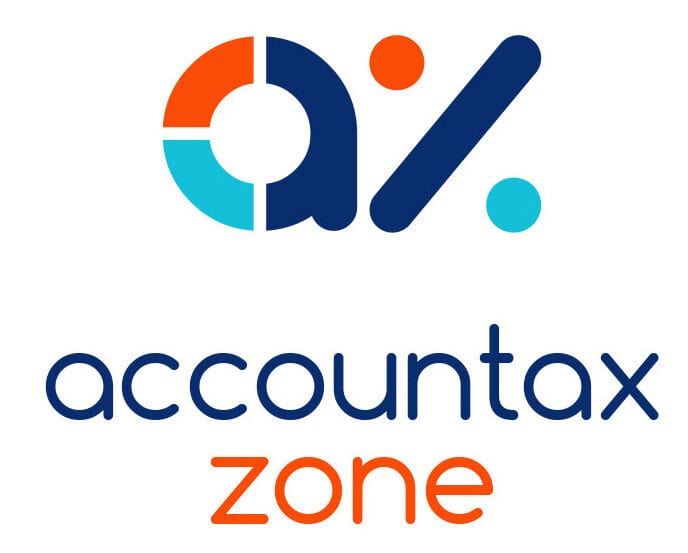Entitlement to the full state pension depends on having sufficient qualifying years. Where a person reaches state pension age on or after 6 April 2016, they need 35 qualifying years for a full state pension. If they have less than 35 qualifying years but at least 10, they will receive a reduced state pension.
A qualifying year is secured either through the payment of Class 1, Class 2, Class 3 or Class 4 National Insurance contributions or the award of National Insurance credits. National Insurance credits are awarded in various situations, such as where a person claims child benefit.
Home Responsibilities Protection
From 1978 to 2010, a scheme known as Home Responsibilities Protection (HRP) operated to reduce the number of qualifying years that a person with caring responsibilities needed in order to qualify for the full state pension. HRP was replaced by National Insurance credits from 2010.
Following a review by the Department for Work and Pensions, historical issues came to light with the recording of HRP on entitled individuals’ National Insurance records.
From May 2000 it became mandatory for claimants to provide their National Insurance number when claiming child benefit. Where a claim for child benefit was first made before May 2000 and the claimant did not provide their National Insurance number when making the claim, the HRP to which they were entitled may not have been recorded on their National Insurance record. This may mean that they receive less state pension than they are entitled to receive.
Last autumn, HMRC started sending letters to people who they believed may have been affected by this issue. However, anyone who has not received a letter but thinks that, potentially, they may have missing years is urged to check their eligibility online, and claim any years that are missing. This can be done by visiting Home Responsibilities Protection (HRP).
Where missing years are claimed and the claimant is not otherwise eligible for the full state pension, reinstatement of the missing years will increase their state pension. If the claimant has already reached state pension age, any arrears due to them as a result of the missing years will be paid. However, it should be noted that, as the state pension is taxable, this may mean that there is some tax to pay on the arrears.
You might also like to read: Extracting profits in 2024/25
Partner note:










